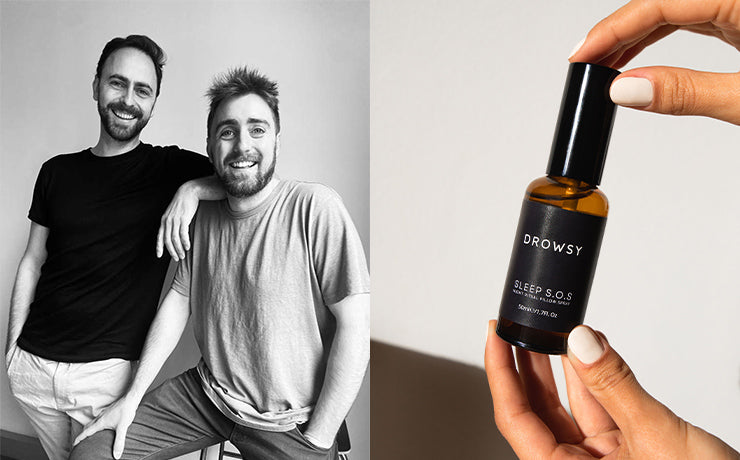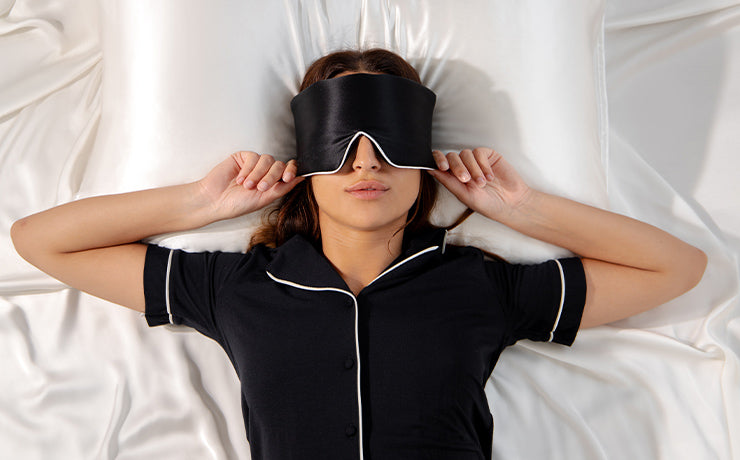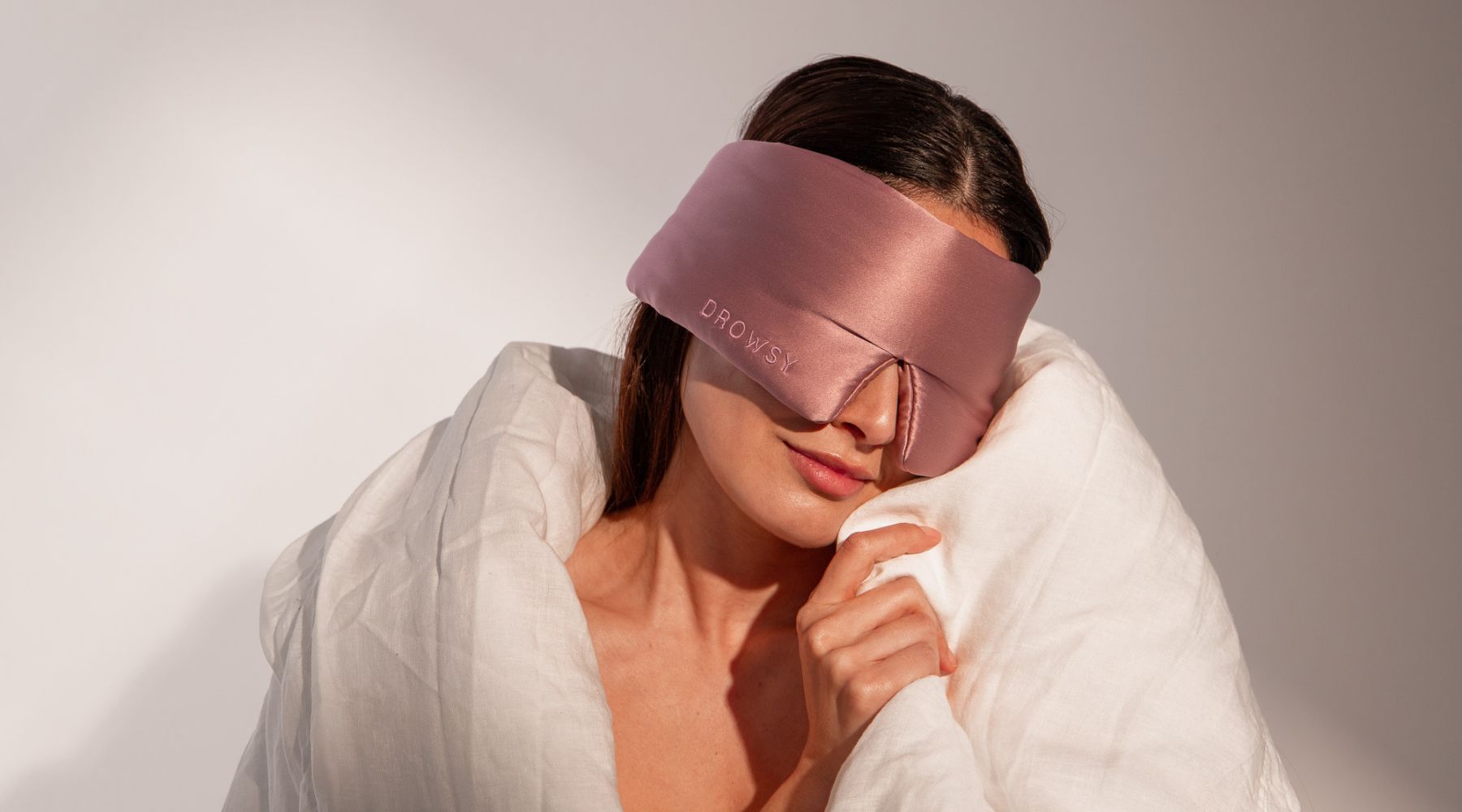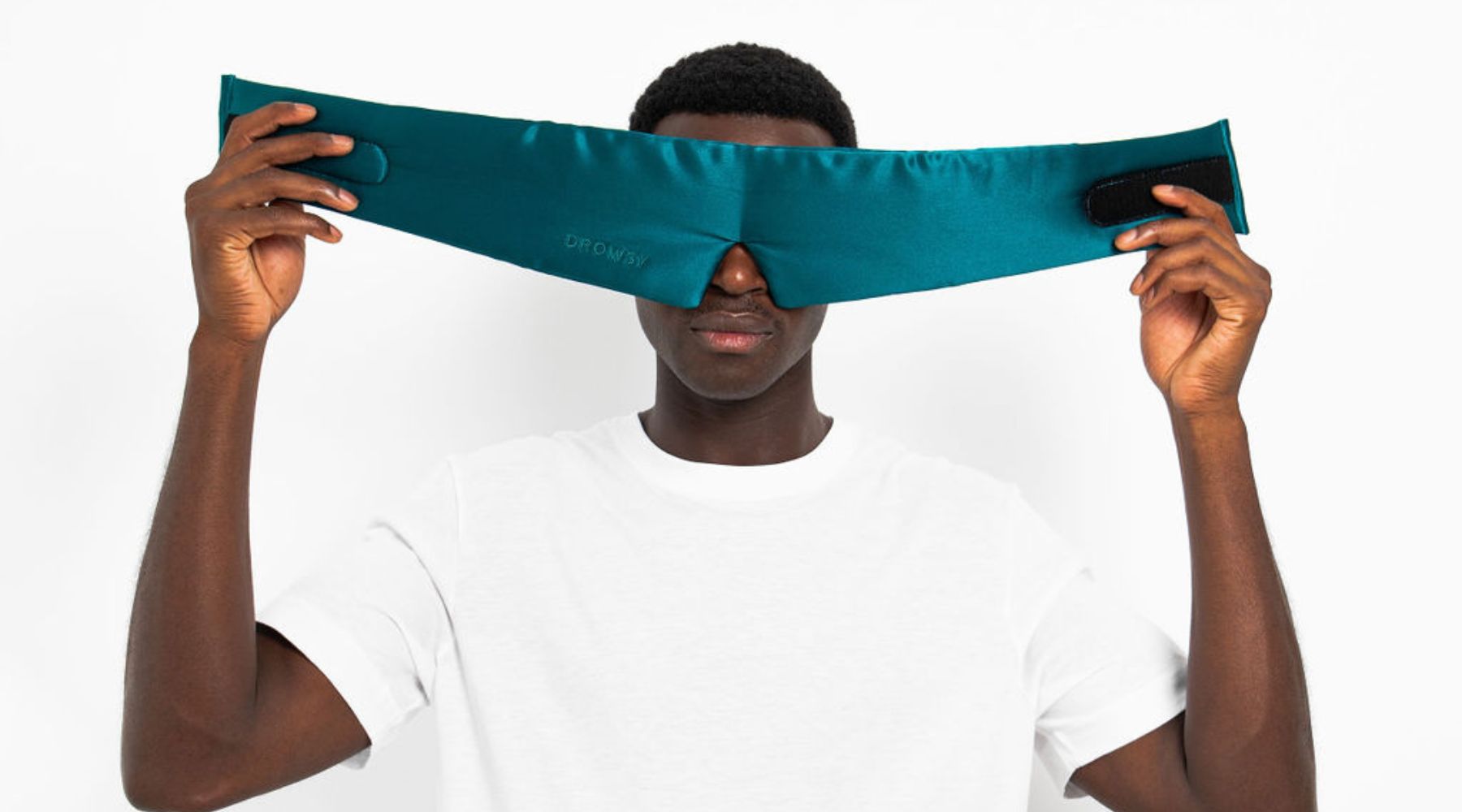How lack of sleep impacts your skin: dermatologists explain
You already know that sleep impacts your energy, mood, and focus. But what about your skin? If you've ever woken up after a rough night looking dull and puffy, sleep deprivation might be to blame. Dermatologists confirm that lack of sleep can take a toll on your skin in ways that extend far beyond dark circles.
Faster aging—more wrinkles, less elasticity
While you sleep, your body enters repair mode, generating collagen and other proteins that keep your skin firm and youthful. When you don't get enough sleep, collagen production plummets, leading to fine lines and sagging.
A study published in Clinical and Experimental Dermatology found that people who slept poorly had more visible signs of aging, including wrinkles and uneven pigmentation. Another study published in Sleep Medicine found that even short-term sleep restriction can affect skin hydration, elasticity, and pH levels.
Elastin, another important protein, also suffers when you're getting poor sleep quality. Over time, this leads to a loss of firmness, making the skin appear older than it actually is. If you want to maintain a youthful glow, prioritizing sleep is just as important as using anti-aging creams.

Dark circles and puffy eyes
If you're not sleeping well, your eyes are one of the first places to show it. The skin under your eyes is super thin, so when you don't get enough rest, blood vessels underneath start to expand, which causes that bluish or purple tint. And then there's fluid retention, which makes your eyes look puffy.
All of these issues become more visible over time due to chronic sleep loss, which takes a toll on the delicate skin around your eyes. Putting a cold compress on in the morning can cut down on the puffy eyes, but the real solution is getting a good night's sleep.
Dull, dehydrated skin
A well-rested, healthy complexion glows, while sleep-deprived skin is dull and tired. The reason? Decreased blood flow. During deep sleep, your blood flow increases, providing more oxygen and nutrients to the skin. When you don't get enough rest, blood flow slows down, starving your skin cells of the nutrients they need to flourish.
On top of that, sleep deprivation messes with your hydration. Without enough rest, your body produces less hyaluronic acid (which helps your skin retain moisture). That means your skin can end up looking dry, flaky, and dull.
Breakouts and skin inflammation
Sleep disorders trigger increased levels of cortisol, your stress hormone. Higher cortisol levels lead to inflammation, which aggravates skin conditions like acne, eczema, and psoriasis. Cortisol also boosts oil production, making it even easier for your skin to get clogged and develop pimples.
Chronic inflammation compromises the skin barrier, causing the skin to be more at risk for irritation and sensitivity. If your skin flares up after a bad night's sleep, poor sleep hygiene could be a factor.
Slower healing and more sensitivity
Your skin's self-repair function is closely tied to your sleep quality. Without enough sleep, your skin struggles to heal itself quickly. Whether it's acne, a small cut, or a sunburn, recovery takes longer when your body isn't well-rested.
If you've noticed that your acne scars take forever to fade or your skin's more sensitive than usual, lack of sleep could be the reason. With a compromised skin barrier function, you're more susceptible to environmental aggressors (like pollution and UV rays), which can trigger redness, irritation, and even breakouts.

How to get quality sleep for better skin
If you're looking for healthier, more radiant skin, getting quality sleep is crucial. Here are some science-backed tips to help you get the beauty sleep you deserve:
1. Maintain a regular sleep schedule
Make an effort to go to bed and wake up at the same time daily. This helps regulate your body's circadian rhythm.
2. Create a quality sleep environment
A dark and cool bedroom free of noise and distractions can improve your skin health, sleep, and mental health. A quiet nighttime routine with a sleep mask and a white noise machine can help if you're sensitive to light and noise.
3. Use a silk pillowcase
Cotton absorbs moisture from your skin and creates friction that may lead to wrinkles. A silk pillowcase (the ones from Drowsy are among the best known) is softer, so it helps your skin retain moisture and stay smooth.
4. Hydrate prior to sleep
Drinking plenty of water throughout the day and applying a good moisturizer before bed can help your skin stay hydrated overnight.
5. Cut back on screen time before bed
The blue light from your phone or tablet can interfere with your melatonin levels, making it harder to fall asleep. Use an eye mask to block out light, including that from screens.
6. Avoid caffeine and alcohol
Both of these can mess with your sleep cycle. Try cutting back, especially in the afternoon, so your skin gets the rest it needs.
How sleep can be your skin's best friend
Your skin is a reflection of how well you take care of your body, and sleep is one of the easiest ways to keep it glowing. Skimping on rest can lead to dullness, wrinkles, and breakouts. On the flip side, getting enough sleep helps your skin heal, stay hydrated, and look fresh.
If you're ready to give your skin the best chance to recover, make sleep a priority. And to help you get the rest you deserve, Drowsy has everything you need, from soothing sleep masks to silk pillowcases that protect your healthy skin while you sleep.






